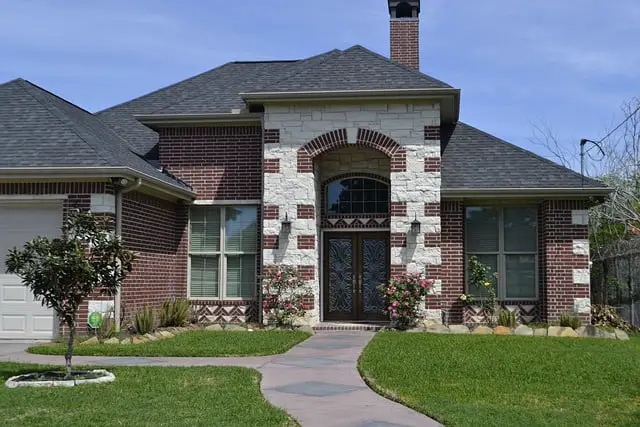
How to Implement Adaptive Reuse Strategies in Real Estate Development
Introduction
Adaptive reuse is a sustainable and cost-effective approach to real estate development that involves repurposing existing buildings for new uses. This strategy has gained popularity in recent years due to its ability to preserve historic structures, reduce waste, and revitalize communities. In this article, we will explore the benefits of adaptive reuse and provide tips on how to implement this strategy in your real estate development projects.
What is Adaptive Reuse?
Adaptive reuse is the process of converting an existing building into a new use that is different from its original purpose. This can include repurposing industrial buildings into residential lofts, transforming old schools into community centers, or converting warehouses into office spaces. Adaptive reuse projects can range from small-scale renovations to large-scale redevelopment initiatives.
Benefits of Adaptive Reuse
Adaptive reuse offers several benefits for real estate developers, homeowners, and communities. Some of the key advantages of this strategy include:
- Preservation of historic structures: Adaptive reuse allows developers to preserve historic buildings and landmarks, which can help to maintain the character and identity of a community.
- Cost-effective: Repurposing existing buildings can be more cost-effective than building new structures from scratch, as it can reduce construction costs and shorten project timelines.
- Sustainability: Adaptive reuse is a sustainable approach to real estate development, as it reduces waste and minimizes the environmental impact of new construction.
- Revitalization of communities: Adaptive reuse projects can help to revitalize communities by bringing new life to underutilized or abandoned buildings.
Implementing Adaptive Reuse Strategies
If you are interested in implementing adaptive reuse strategies in your real estate development projects, here are some tips to get started:
1. Conduct a feasibility study
Before embarking on an adaptive reuse project, it is important to conduct a feasibility study to determine whether the building is suitable for the intended use. This study should include an assessment of the building’s structural integrity, zoning regulations, and potential environmental hazards.
2. Consider the building’s history and context
When repurposing a historic building, it is important to consider its history and context. This can include preserving original features, such as brickwork or decorative elements, and incorporating them into the new design.
3. Work with experienced professionals
Adaptive reuse projects can be complex, so it is important to work with experienced professionals, such as architects, engineers, and contractors, who have experience with this type of development.
4. Consider financing options
Adaptive reuse projects can be financed through a variety of sources, including historic tax credits, Grants, and loans. It is important to explore all financing options to determine the best approach for your project.
FAQs
1. What are some examples of adaptive reuse projects?
Some examples of adaptive reuse projects include converting old factories into residential lofts, transforming schools into community centers, and repurposing warehouses into office spaces.
2. What are the benefits of adaptive reuse?
Adaptive reuse offers several benefits, including preservation of historic structures, cost-effectiveness, sustainability, and revitalization of communities.
3. How can I finance an adaptive reuse project?
Adaptive reuse projects can be financed through a variety of sources, including historic tax credits, grants, and loans. It is important to explore all financing options to determine the best approach for your project.
Conclusion
Adaptive reuse is a sustainable and cost-effective approach to real estate development that offers several benefits for developers, homeowners, and communities. By repurposing existing buildings, developers can preserve historic structures, reduce waste, and revitalize communities. To implement adaptive reuse strategies in your real estate development projects, it is important to conduct a feasibility study, consider the building’s history and context, work with experienced professionals, and explore financing options. With these tips in mind, you can successfully implement adaptive reuse strategies in your real estate development projects and contribute to a more sustainable future.